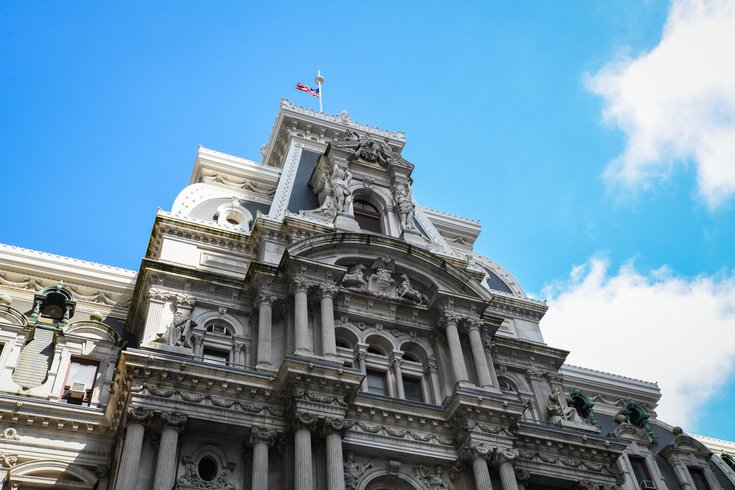
September 14, 2023
 Kate Frese/For PhillyVoice
Kate Frese/For PhillyVoice
City Council voted on Thursday to prohibit overdose prevention sites from being implemented throughout most of Philadelphia. West and Southwest Philly are not included in the bill.
City Council voted on Thursday to prohibit supervised injection sites, also known as overdose prevention sites, from being implemented in most parts of Philadelphia.
The bill passed 13-1 during City Council's first session of the fall season after numerous community supporters, opponents and a state senator provided public testimony. It now heads to Mayor Jim Kenney's desk, though it remains unclear whether Kenney, a longtime supporter of supervised injection sites as an effective strategy for reducing overdose deaths, will veto the bill. If he does, City Council would be able to override the veto.
The legislation was spearheaded by Councilmember Quetcy Lozada, who represents portions of Kensington and Harrowgate. The bill would update the zoning code to prohibit the use of supervised injection sites in nine out of City Council's 10 legislative districts. The city's District 3, which includes portions of West and Southwest Philly, was not included in the bill.
A resolution introduced by Lozada and Councilmember Jim Harrity, which also passed on Thursday, indicates that they are not seeking to permanently ban supervised injection sites in Philadelphia. Rather, the resolution stresses that more community involvement and government assessment would be required before a site could be planned for the city.
Only one lawmaker, Councilmember Kendra Brooks, voted against the measure. In a statement released after the vote, Brooks explained that her opposition to a ban on supervised injection sites is based on her lived experiences, as members of her family have struggled with addiction. Further, she says that the bill does nothing to address the overdose crisis or prevent overdose deaths, and does nothing to offer support to residents living with addiction.
"In the midst of an overdose crisis that is destroying families and communities, we should not be banning a tool that could save lives," Brooks said. "We should make decisions based on evidence-based public health research, tools that have been proven to be effective, and lived experience."
Councilmember Jamie Gauthier, whose legislative district was not included in the bill, was not present to vote during Thursday's meeting. In a statement released on X, the platform formerly known as Twitter, Gauthier explained that there is no proposal to add an overdose prevention site to her district or to any part of the city. She also cited a study commissioned by the city in 2017 that found an overdose prevention center would save the lives of up to 76 residents each year.
Both pieces of legislation were drafted, in part, as a response to ongoing litigation surrounding a proposal that Safehouse, a nonprofit organization, be allowed to open the city's first overdose prevention site. In 2019, former U.S. Attorney Bill McSwain sued in federal court to block the site from opening, saying it violated a federal law that makes it a crime to open a property for people to use controlled substances.
In 2020, a federal judge ruled that the site was legal because its purpose was to save lives rather than promote drug use. Plans for Safehouse's location in South Philadelphia were ultimately shut down following community backlash, with some residents believing that such a site should be implemented in Kensington, which is considered the epicenter of the opioid epidemic in Philadelphia.
In early 2021, a federal appeals court blocked the plan from moving forward, ruling that the overdose prevention site was illegal. Safehouse later filed a federal lawsuit, claiming that it has a religious right to provide overdose prevention services. The nonprofit has been engaged in settlement talks with the Justice Department since then.
At the time, Philly's site would have been the first of its kind in the country. However, New York City opened the nation's first overdose prevention sites in 2021. Its two facilities, which allow people to use drugs under the supervision of medical staff, prevented more than 300 fatal overdoses, NPR reported last year.
Philadelphia recorded 1,276 unintentional overdose deaths in 2021, the most in the city's history. Black residents experienced more fatal overdoses than other racial groups, and though most of Philly's overdoses involve opioids, stimulant-related overdoses are on the rise.
"As this crisis worsens, we need more tools and strategies to save lives," a city spokesperson said. "The Administration remains supportive of the overdose prevention center model and would welcome the opportunity to support safe and effective operation following a robust community engagement and outreach process."